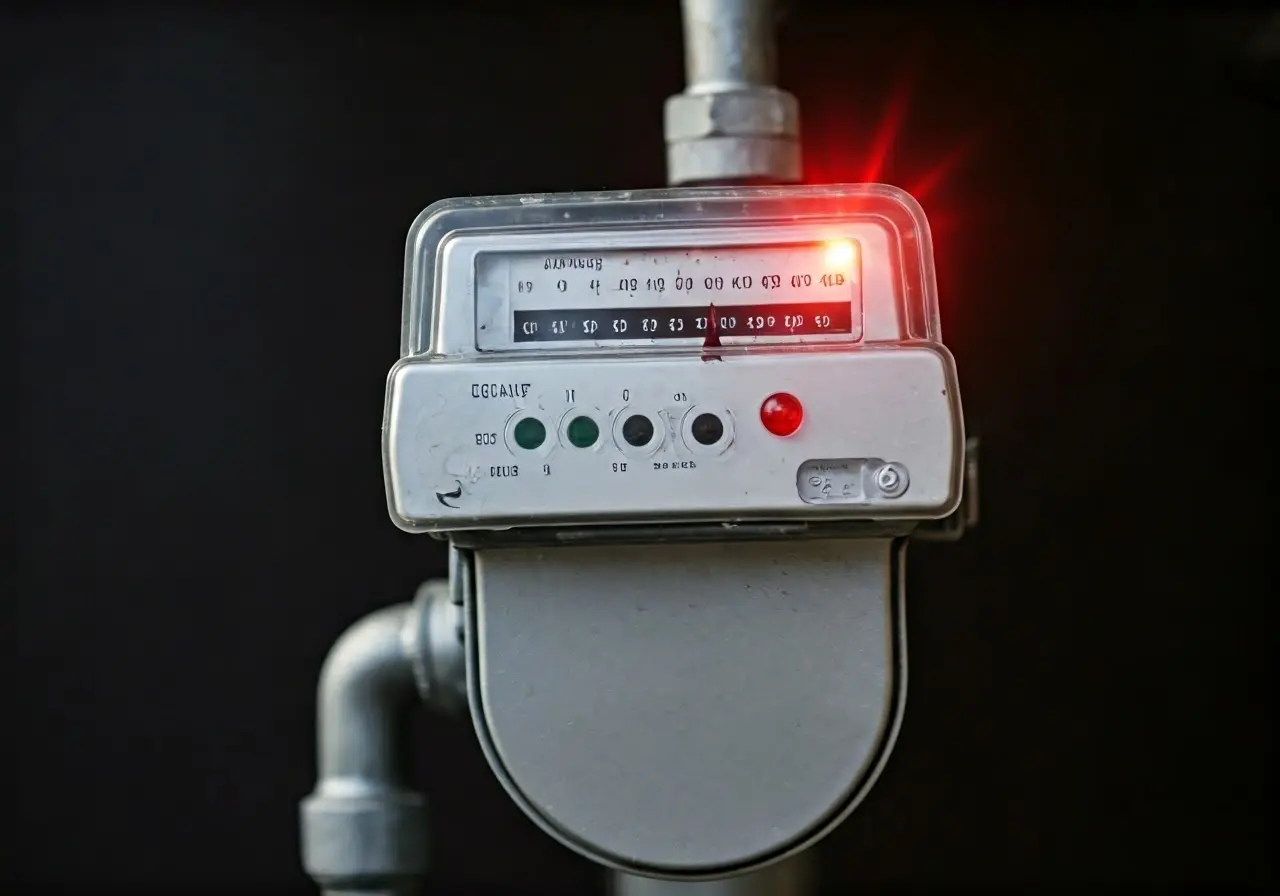Gas issues can be intimidating and often require immediate attention. Knowing when it’s time to call a professional can save you from potential hazards. Here’s how to identify those crucial signs early.
1. The Smell of Rotten Eggs
A sulfur or rotten egg smell is often the first indication of a gas leak. This pungent odor is added to natural gas to alert homeowners of a possible leak. If you notice this smell, it’s time to act fast and call in an expert. Not addressing this issue can lead to severe consequences, including the risk of explosion. Therefore, acknowledging this sign promptly and seeking professional help can prevent potential disasters.
It’s important to understand that this smell is due to the addition of mercaptan, a harmless substance added to natural gas for safety reasons. If you encounter this distinctive odor, do not attempt to find the source on your own. Open windows for ventilation, avoid creating sparks, and contact a professional immediately. This precaution helps in ensuring that swift action is taken to alleviate any possible dangers associated with gas leaks.
2. Hissing Sounds Near Gas Lines
Hearing a hissing noise, especially around your gas appliances, can indicate a significant escape of gas. This sound should not be ignored as it signifies a potential leak that requires immediate professional attention. The hissing noise is typically a result of a break or puncture in the gas line, and continuing to use appliances without addressing this issue might lead to safety hazards.
If you hear hissing sounds, ensure you do not attempt any DIY fixes, as tampering with gas lines can be incredibly dangerous. It’s best to immediately turn off your main gas valve if you know the location and then call for professional help. A certified gas engineer has the tools and expertise needed to diagnose and safely address the underlying issues of such leaks.
3. Persistent Pilot Light Problems
An appliance with a pilot light that continually goes out or fails to stay lit is a sign that there might be a disruption in the gas flow. An engineer can diagnose and rectify the issue to ensure your safety. When pilot lights flicker or are difficult to light, it could indicate insufficient gas supply or an issue with the thermocouple—a safety device that shuts off gas flow when the light isn’t lit.
Inspection by a skilled professional can determine whether foreign matter or obstructions are affecting the pilot mechanism. Sometimes, something as simple as a draft may cause the pilot light to extinguish, but without an expert evaluation, what looks like a minor issue might pose lurking dangers. Get peace of mind by having a gas engineer evaluate the situation and fix any faults swiftly.
4. A Sudden Spike in Gas Bills
If your gas bill has unexpectedly increased, it could be due to an undiscovered gas leak. An emergency engineer can help identify leaks and address inefficiencies in your gas systems. While unusual billing may be a miscalculation, repetitive discrepancies often underline hidden consumption via unnoticed leaks.
Monitoring your gas usage, understanding the average consumption, and comparing billing details can help spot such anomalies early. However, a professional assessment is essential in identifying whether the issue lies with appliance inefficiency or leakages. Timely intervention can prevent further loss and assure economic savings on energy expenditure.
5. Dying or Discolored Vegetation
Plants near a gas line that start to die or turn yellow suddenly, despite your care, might be affected by gas leaks. It’s crucial to have a professional investigate any unexplained changes in your vegetation. Plants are not just ornamental—they are biological indicators that can hint at underlying problems with the gas underground.
Roots in abnormal states signal gas intrusion or insufficient air exchange resulting from the presence of gas. If undetected, gas seepage can also harm surrounding vegetation and even contaminate the soil. A detailed inspection will determine the root cause and help maintain a safe environment, preventing further escalation.
6. Carbon Monoxide Detector Alerts
If your carbon monoxide detector is chiming, it’s imperative to leave the premises and contact a gas engineer. Carbon monoxide is a dangerous byproduct of incomplete gas combustion, and should never be ignored. This silent killer is odorless and colorless, making detection devices essential for household safety.
A blaring alert stresses an immediate threat and must trigger no-delay evacuation measures. An engineer’s swift evaluation ensures the stability of detectors and their unerring operation, while also identifying causes through expert troubleshooting and secure remedial action.
7. Visible Damage to Gas Pipes
Physical damage to gas appliances or piping, such as dents, rust, or breaks, requires immediate professional inspection. Damaged pipes can quickly develop into dangerous leaks without timely intervention. Addressing visible damage helps to secure piping networks against potential conflict and enforce consistent safety in gas operations.
Corroded or wet spots, or discoloration on piping, can signify long-term exposure to moisture or elsewhere aggressive agents, compromising pipe integrity. Swift engineering evaluation ensures any unsafe sections are fixed or replaced promptly, maintaining secure and efficient operation across your property.










